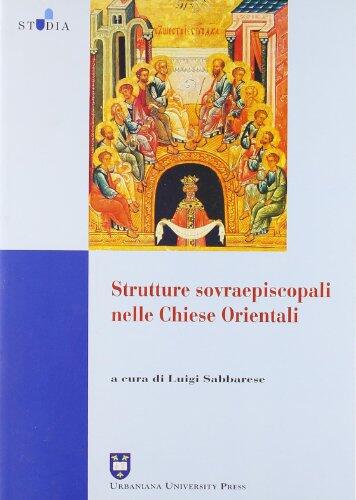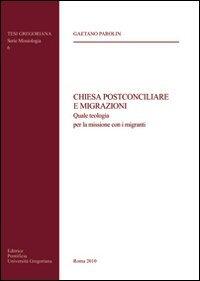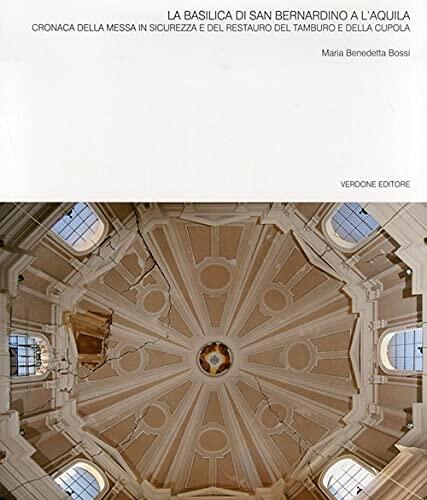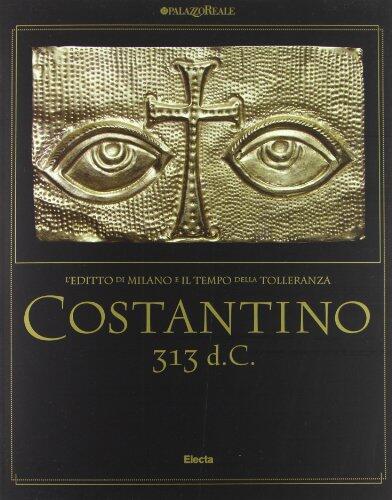
Strutture sovraepiscopali nelle Chiese orientali
by:
L. Sabbarese
Language: Italian
Format: Paperback
ISBN 10: 8840140379
ISBN 13: 9788840140377
Publication date:
January 1st, 2011
Publisher: Urbaniana University Press
Pages: 303
Genres: Religion & Spirituality
L. Sabbarese presents a thorough exploration of the complex hierarchical structures that govern Eastern Churches. The work delves into the multiple layers of ecclesiastical authority that have evolved over centuries, rooted deeply in tradition yet adaptable to contemporary challenges. With an analytical lens, Sabbarese examines how these structures facilitate worship and community within diverse cultural contexts.
The author meticulously traces the historical developments leading to the establishment of these supra-episcopal structures, providing readers with a rich understanding of the interplay between faith, governance, and regional influences. Each chapter reveals the unique characteristics and practices that distinguish various Eastern traditions, highlighting their intrinsic value and the theological underpinnings of their leadership systems.
Sabbarese also addresses the ongoing dialogues among the Eastern Churches and their Western counterparts, emphasizing the need for mutual understanding in a globalized world. This work not only serves as an academic resource but also invites reflection on the spiritual and communal dimensions of church governance, making it relevant for scholars and laypersons alike. Through his insightful analysis, the author aims to foster a deeper appreciation for the Eastern Christian experience and its significance within the broader Christian narrative.
The author meticulously traces the historical developments leading to the establishment of these supra-episcopal structures, providing readers with a rich understanding of the interplay between faith, governance, and regional influences. Each chapter reveals the unique characteristics and practices that distinguish various Eastern traditions, highlighting their intrinsic value and the theological underpinnings of their leadership systems.
Sabbarese also addresses the ongoing dialogues among the Eastern Churches and their Western counterparts, emphasizing the need for mutual understanding in a globalized world. This work not only serves as an academic resource but also invites reflection on the spiritual and communal dimensions of church governance, making it relevant for scholars and laypersons alike. Through his insightful analysis, the author aims to foster a deeper appreciation for the Eastern Christian experience and its significance within the broader Christian narrative.











